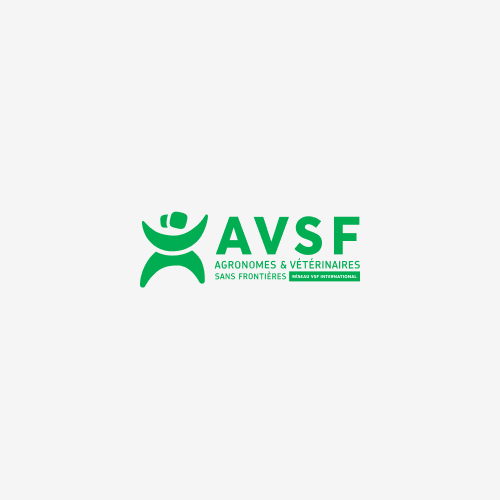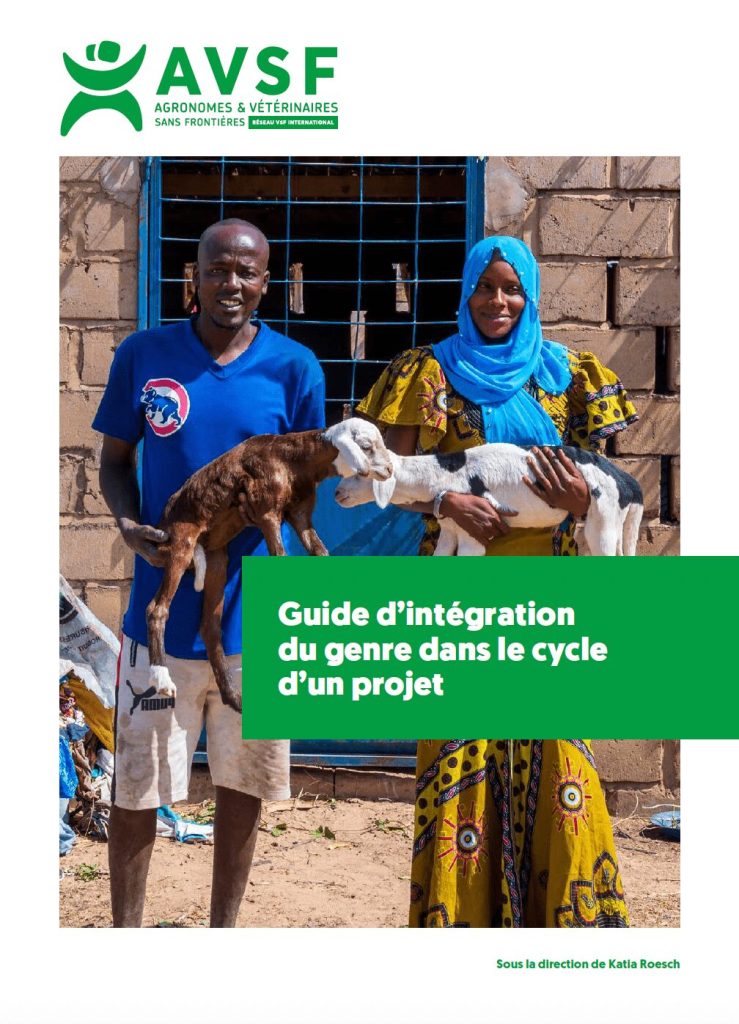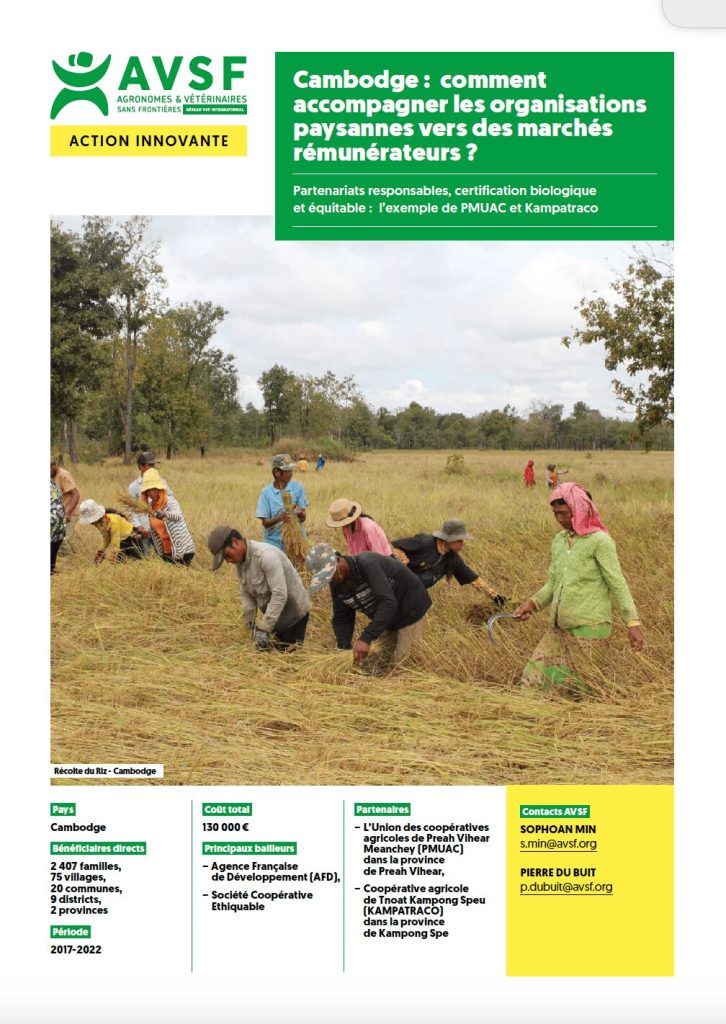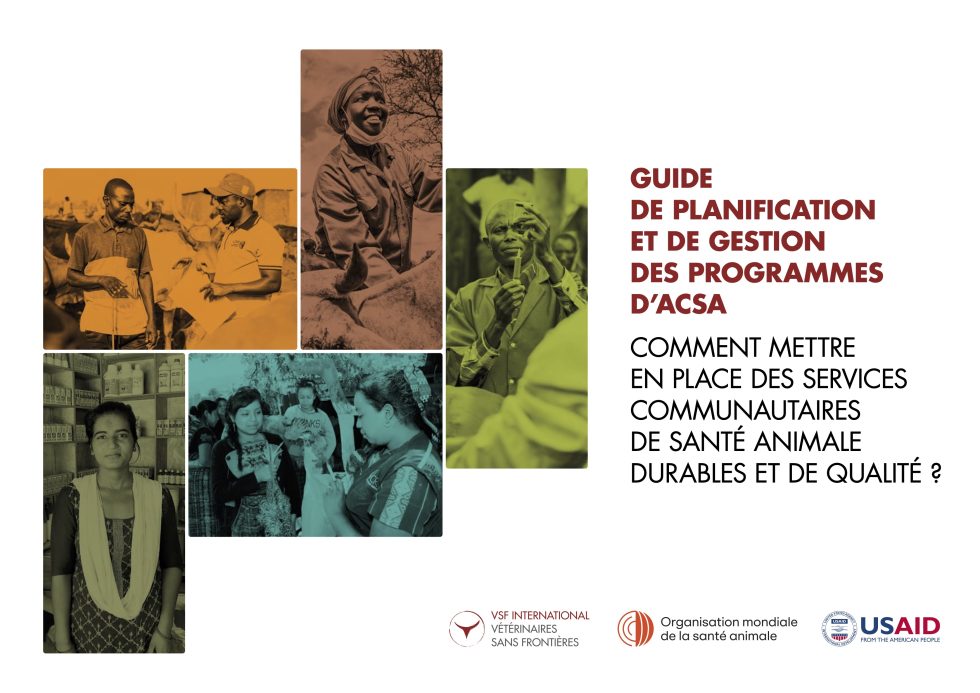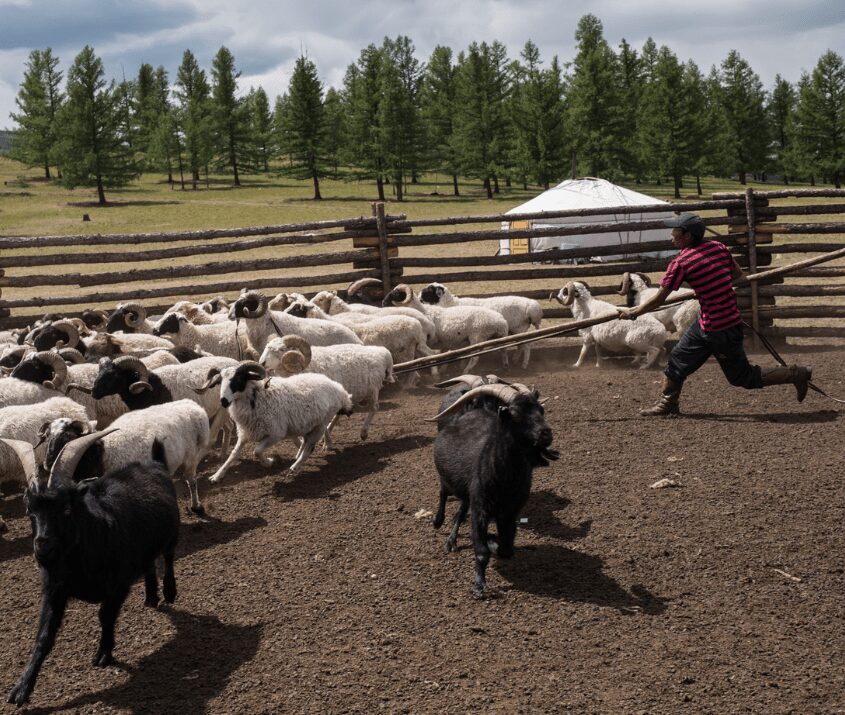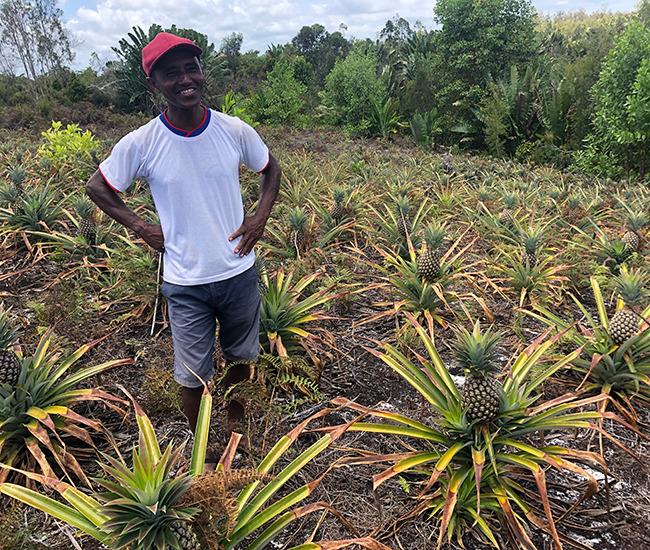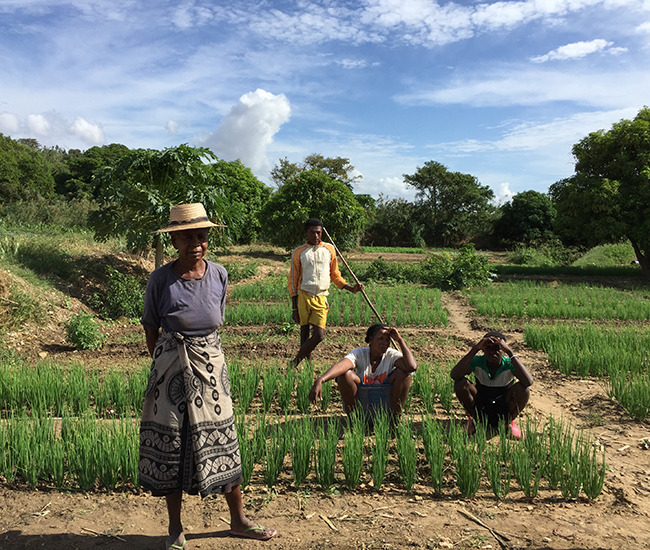Réduire l’utilisation et les risques des pesticides et produits vétérinaires par des pratiques alternatives viables
This training guide was written by the members of AVSF (employees and volunteers)who are deeply concerned about the growing use of pesticides and veterinary products in developing countries, particularly in sub-Saharan Africa, many of which are no longer authorized in developed countries due to their high toxicity. This situation has and, in the future, will continue to have numerous unsettling impacts on human and animal health as well as on the environment.
In this context, the objective of this guide is to improve the skills of farmers’ and field technicians’ organizations in order to better diagnose and resolve problems of plant and animal health by relying on a wide range of agro-ecological alternatives based on proven traditional knowledge and the latest scientific findings.
This guide is a toolbox for developing training aids adapted to the context and specific target audience with the objective of helping to eliminate the use of hazardous pesticides and promoting alternative solutions in line with sustainable agro-ecological transitions, but which are also economically viable and accessible to farming families with limited means.
This guide also addresses decision-makers in charge of national and regional regulations regarding pesticides and veterinary products, local elected officials and civil society associations so that solutions can be implemented for drastically reducing the import of illicit products and their sale on uncontrolled rural markets. Moreover, it is becoming increasingly clear that the reduction in the use of pesticides and certain veterinary products cannot be achieved without appropriate agricultural policy and financial support.
Together with contributors and reviewers, members and non-members of AVSF, this document was deliberately published within the open-source domain (CC BY-SA) in order to allow free use for the purpose of training. As a result, users of this guide can also help to improve it, for example, by incorporating further proven alternatives.
Comments, suggestions and proposals for additions to the guide can be sent to alterpesticides@avsf.org
